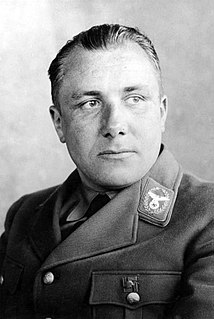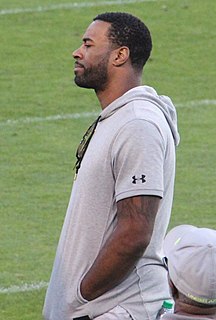A Quote by Noam Chomsky
As to whether those who fit the common meaning of the term "intellectual" should act in the manner that [ Edward] Said prescribes, that's another question. Needless to say, I agree with him that they should, and that they commonly do not.
Related Quotes
We must speak first about the division of land and about those who cultivate it: who should they be and what kind of person? We do not agree with those who have said that property should be communally owned, but we do believe that there should be a friendly arrangement for its common use, and that none of the citizens should be without means of support.
The question should not be whether or not police are allowed to confront suspects; it should be about how we train them. The question should not be whether we have police; it should be how we use them. The question should not be whether judges should have the ability to protect New Yorkers from violent offenders; it should be how we let them.
A wedding was a strange ceremony, she thought, with all those formal words, those solemn vows made by one to another; whereas the real question that should be put to the two people involved was a very simple one. Are you happy with each other? was the only question that should be asked; to which they both should reply, preferably in unison, Yes.
I think my deepest criticism of the educational system . . . is that it's all based upon a distrust of the student. Don't trust him to follow his own leads; guide him; tell him what to do; tell him what he should think; tell him what he should learn. Consequently at the very age when he should be developing adult characteristics of choice and decision making, when he should be trusted on some of those things, trusted to make mistakes and to learn from those mistakes, he is, instead, regimented and shoved into a curriculum, whether it fits him or not.
There are among us those that would criticize our Confederate ancestors. Would you allow a stranger to come into your house and criticize your little ones? I say it's not whether we should be ashamed of our fathers and mothers of the Old Confederacy. I say it's a question of whether they should be ashamed of us.
[T]he crucial question is not, as so many believe, whether property rights should be private or governmental, but rather whether the necessarily 'private' owners are legitimate owners or criminals. For ultimately, there is no entity called 'government'; there are only people forming themselves into groups called 'governments' and acting in a 'governmental' manner. All property is therefore always 'private'; the only and critical question is whether it should reside in the hands of criminals or of the proper and legitimate owners.
You need not fear me, for I not only should think it wrong to marry a man that was deficient in sense or in principle, but I should never be tempted to do it; for I could not like him, if he were ever so handsome, and ever so charming, in other respects; I should hate him—despise him—pity him—anything but love him. My affections not only ought to be founded on approbation, but they will and must be so: for, without approving, I cannot love. It is needless to say, I ought to be able to respect and honour the man I marry, as well as love him, for I cannot love him without.
It is just that he should act with reserve towards those who act with reserve towards him. On the contrary, he gives himself entirely to those souls, who, driving from their hearts everything that is not God, and does not lead them to his love, and giving themselves to him without reserve, truly say to him: My God and my all.
I'm not really a political-type person, meaning that I don't really make great stands or whatever, but if you ask me a direct question I say it shouldn't matter who you are, whether you're black, white, green, gay, male, female. If you can do a job and do it well you should be paid for it, you should be respected for it, and you have to be responsible. I think sometimes people can go too fare trying to make a point. I think they should just make their point and go on about.



































